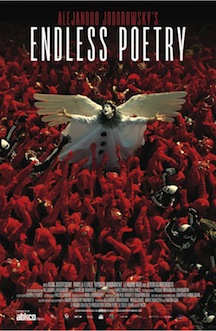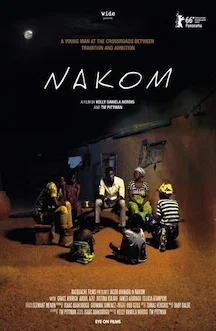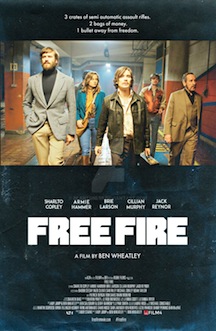Directed by Guy Ritchie
Country: USA
The legendary King Arthur, his powerful sword, Excalibur, and his heroic deeds in medieval times were addressed a few times before in the movies with variable outcomes. Some of them opted for a more classical approach like the interesting “Camelot” by Joshua Logan or “Excalibur” by John Boorman. Some others are a total waste of time like Antoine Fuqua’s 2004 “King Arthur”. To me, the more successful ones were those that added some creativity and a hint of boldness to the tale such as the beautifully unorthodox “Lancelot of the Lake” by Bresson and “Percival” by Rohmer, which are directly related to the topic.
Guy Ritchie also intended to do something creative on “King Arthur: Legend of the Sword”, but roundly failed his test. He lamentably relied on too many frivolous fireworks and a lousy plot that among other feeble aspects, lacks fantasy, charm, and any sort of interest.
The trio of screenwriters, Joby Harold, Lionel Wigram, and Ritchie, were the ones who set up this repulsive machination, which is devoid of any possible magic and mysticism by incorporating giant monsters and terrible slo-mo fighting sequences. The tale takes a similar path and activates the same strategic baits of those terrible apocalyptic catastrophe fantasies embraced by Roland Emmerich.
The story typically follows Arthur (Charlie Hunnam) on his efforts to retrieve the legitimate throne that was taken from him by his evil uncle and king of Mordred, Vortigern (Jude Law). To achieve his mission, he teams up with a small legion of rebels composed of old and new friends, and benefits from the help of Maggie (Annabelle Wallis), the villain’s maid who resolves to help the Resistance.
Over the course of two infinitely tedious hours, we can observe that Ritchie dropped the medieval atmosphere in favor of a sloppy urbanity whose unpolished settings were recklessly framed by the cinematographer John Mathieson (“Gladiator”, “Logan”). Moreover, instead of a king or, at least, a knight, Hunnam looks like a rock singer while the combination of imagery and music could only be useful for a promotional video clip of some heavy metal band.
It’s hard to believe how the director of the praised “Snatch” and “Lock, Stock and Two Smoking Barrels” could have descended so low.
There is no heart and even less soul in this mish-mashed lackluster film, already one of my first choices for the worst film of the year.
Do yourself a favor and stay away from this aberration!




























































